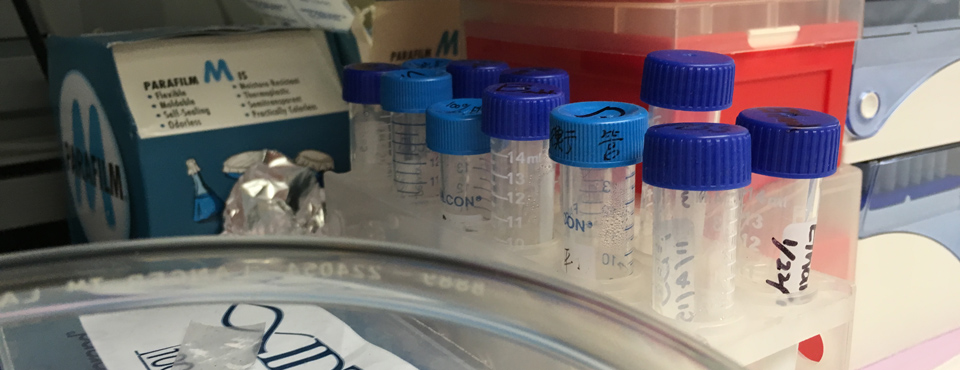Pets are family, and supporting their wellness is essential. Animal diagnostic centers play a crucial role in monitoring wellness for household animals.
In this guide, we’ll discuss how diagnostic testing supports pet health and explain the testing process.
What Are Veterinary Labs?
Diagnostic labs for pets provide health assessments for examining samples. They provide critical insights to make accurate diagnoses.

How tests are conducted usually includes:
- Sample collection: Blood, urine, or feces are taken by the vet.
- Laboratory analysis: Technicians and machines evaluate the samples.
- Results interpretation: Labs share results with veterinarians for your pet’s benefit.
Common Veterinary Tests for Dogs and Cats
Pets benefit from a range of diagnostic services to address medical issues. Key lab services include:
- Blood analysis: Provide an overall health picture.
- Urinary health exams: Identify dehydration.
- Stool testing: Spot signs of infections.
- Skin health exams: Address skin issues.
- X-rays and ultrasounds: Examine internal structures.
How Testing Supports Pet Health
Consistent lab work ensures better outcomes. By identifying issues early, vets can provide better care.

The value of testing include:
- Better disease management: Health problems are minimized.
- Cost savings: Ongoing health is monitored affordably.
- Confidence in care: Feel secure about their health.
diagnostic laboratório veterinário
laboratórios veterinarios
Conclusion: Veterinary Labs as a Cornerstone of Pet Health
Animal diagnostic centers help pets live long, healthy lives. Through proactive diagnostics, you protect their well-being.
Talk to your vet about testing today and ensure their happiness and longevity!